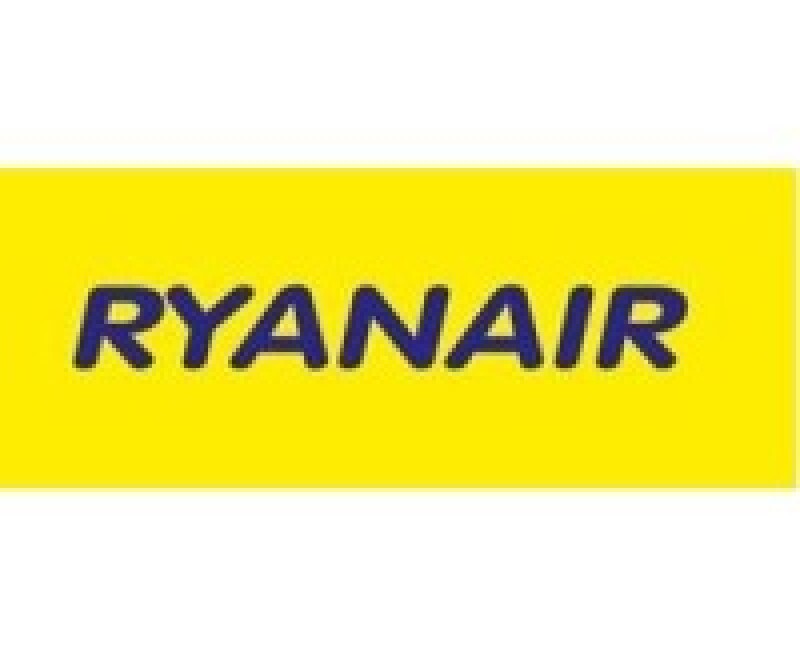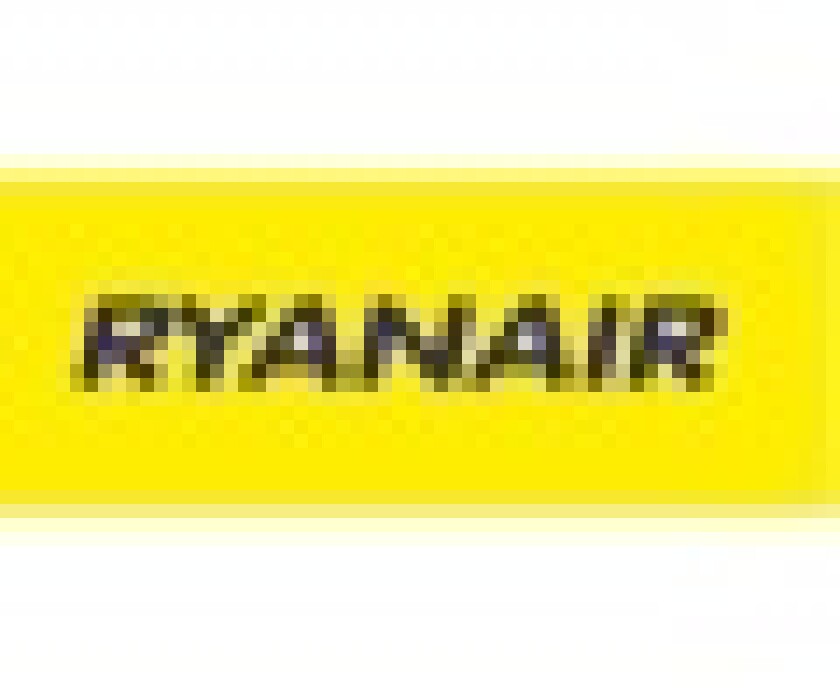On May 2 2013, Ireland’s High Court ruled that Ryanair was not entitled to claim a VAT deduction for legal and stockbroking fees incurred during its bid to acquire a 100% shareholding in Aer Lingus in October 2006.

The appeal related to a decision of the Appeal Commissioners that such fees did not relate to its core economic activity of air transport and was therefore not VAT deductible.
The court found that Ryanair was not a taxable person carrying out an economic activity on the basis that the transaction was exempt from VAT under EU law.
The court held that Ryanair’s intention to acquire the entire share capital in Aer Lingus and provide management services did not constitute an economic activity. The court stated that Ryanair did not “take any steps or do any act towards provision of management services” because the takeover bid was ultimately unsuccessful. The only activity which the airline had carried out was the bid itself and that did not qualify as an economic activity within the meaning of EU directives.
The court ultimately held that the necessary direct and immediate link did not exist between the legal and stockbroking costs related to the takeover bid and the output transactions related to the air passenger transport. The court concluded that in the absence of this direct and immediate link, the VAT on the costs was not deductible.
Under Irish VAT law the sale and acquisition of shares is VAT exempt and therefore there is no entitlement to deduct VAT on any expenses incurred in connection with such activities.
However, following the previous ECJ decision in Cibo, the Revenue Commissioners generally accept that where the purchase of shares can be linked to the making of taxable supplies, such as the provision of management services, a deduction in respect of costs incurred on the share acquisition may be permitted.
However, this case highlights that the mere intention to provide management services will not be sufficient in order to be entitled to a VAT refund. It is important that the management services are actually provided.
By principal Tax Disputes correspondent for Ireland, Sonya Manzor (sonya.manzor@williamfry.ie), partner at William Fry Tax Advisors.










